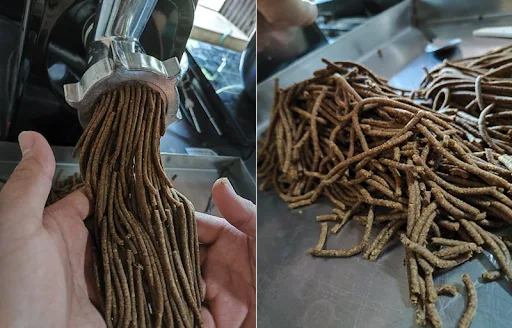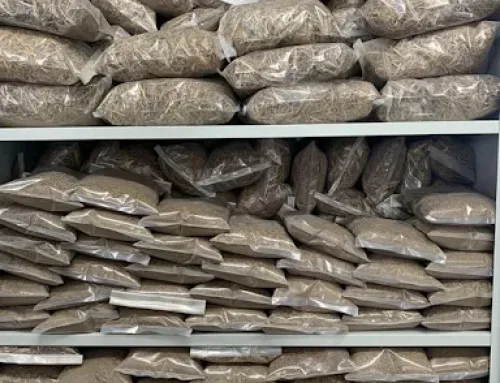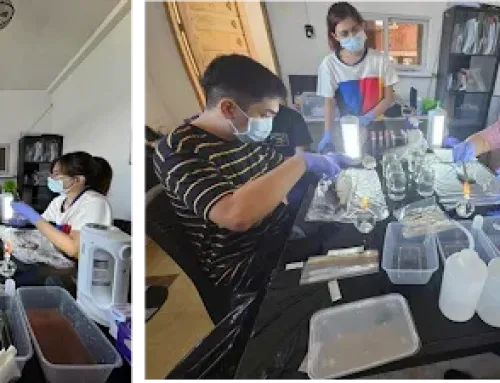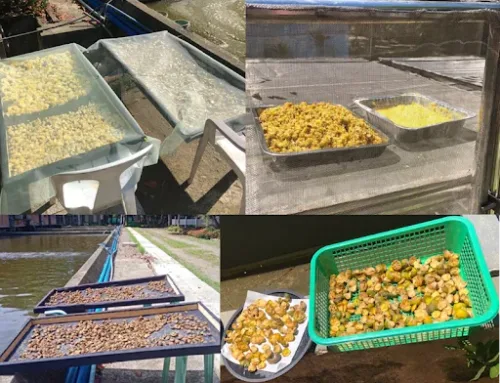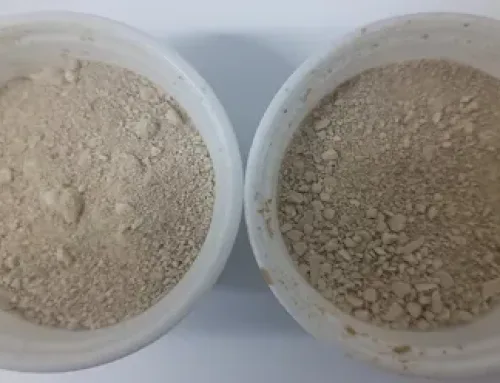In this Article
Aquaculture nutrition has continued to evolve over the years through innovative feed formulation geared towards improving feed efficiency and sustainability. It was already established that PECM can be utilized as a new protein feed ingredient in aquaculture particularly in tilapia, bangus and shrimp. It has been proven that PECM can be used to replace soybean meal in aquafeeds by 80 to 100% without negative effects on growth, efficiency utilization, survival and body composition. However, a notable observation has been recorded wherein tilapia and bangus fed with PECM-treated diets improved feed efficiency, lower feed intake and lower FCR compared to control (no PECM inclusion) as evident by the studies conducted by Dr. Chay B. Pham in Agoncillo, Batangas in 2004, and the team of Prof. Valeriano L. Corre, Jr. in UP Visayas Miagao in 2018.
Feed intake and feed conversion efficiency of cultured species is an essential parameter because feed inputs account for 50–70% of production costs in the aquaculture industry. The productivity of the aquaculture sector is centered towards utilization of nutrients and health status of aquaculture species which are mainly dependent on the modulation of gut microbiome. Intestinal microbiota confers numerous services such as nutrient digestion, disease resistance and production of vitamins and beneficial metabolites.
Metagenomics and metabolomics in aquaculture research are multi-omics approaches in understanding microbial diversity and its metabolites that affect the overall health status of farmed fishes. Understanding how feed types and different biotic additives shape the intestinal microbiota and the biological interactions between host and bacteria is of paramount importance to continually boost sustainability of animal production. Non-targeted multi-omics approach can unravel the functional effects on the intestinal microbiota and intestinal metabolism in response to dietary inclusion with PECM. Through this approach, several insights can be inferred such as: (1) investigation on microbial shifts in the gut environment caused by PECM; (2) elucidation of functional diversity particularly on disease resistance and immunostimulation; (3) differentiation on the abundance of key growth and health-related metabolites in light of metagenomic profiles among fish reared on feed types with and without PECM; and the (4) establishment of network-based approaches for key metabolites which may be correlated with higher feed efficiency performance finfish aquaculture.

